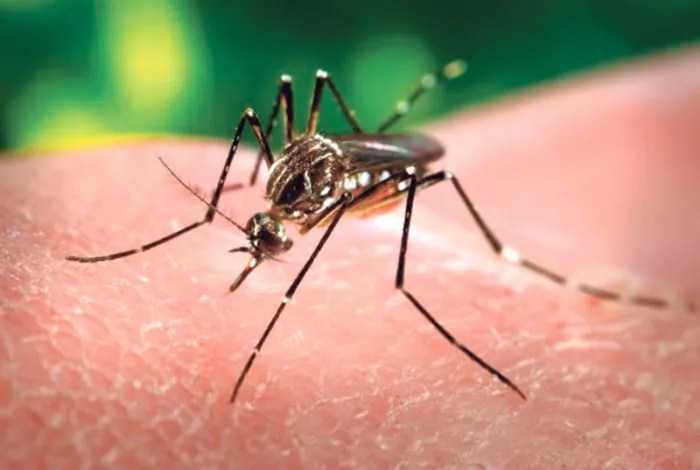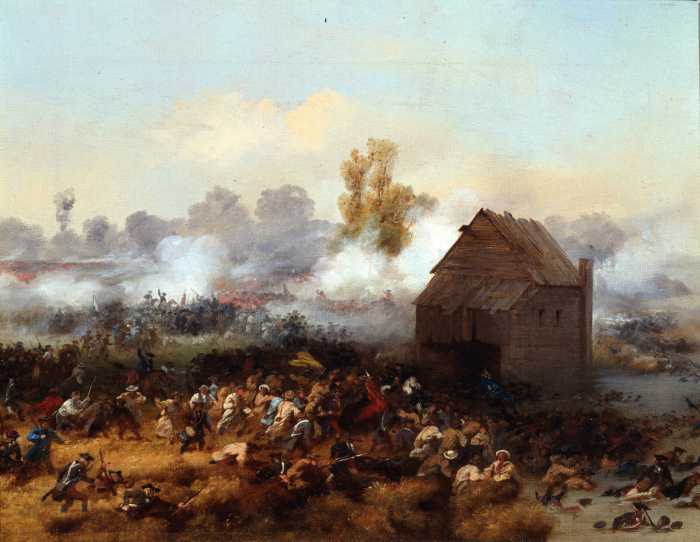New York State Department of Health officials are investigating whether the mosquito-borne virus chikungunya is circulating in New York after a Nassau County woman tested positive in a preliminary screening.
The Town of Hempstead woman, who wanted to remain anonymous, said she fell ill in late August with severe joint pain, the hallmark symptom of chikungunya. According to Nassau County officials, her blood samples have been sent to the state’s public health laboratory in Albany for confirmation.
“The New York State Department of Health is investigating a possible locally acquired case of chikungunya virus,” department spokeswoman Danielle De Souza said in a statement. “No locally acquired cases have ever been reported in New York State, and the risk to the public remains very low.”
According to published reports, the woman said she has not traveled recently and was stunned to see the test results. She said she worries the virus may be spreading undetected on Long Island and that physicians may not be considering chikungunya as a possible diagnosis.
Her illness began Aug. 21 with crippling pain in her feet, ankles, knees, wrists, hands and shoulders. Her right shoulder felt “on fire” and nearly immobilized her, according to reports. Though the pain has eased somewhat, she still struggles to walk because of lingering pain in her foot.
Chikungunya is rarely seen in the United States. The last known locally transmitted cases occurred about a decade ago in Florida and Texas, where fewer than 15 people were affected.
Globally, however, the virus has sickened millions in South America, Africa and Asia, and outbreaks have surged in Europe and the Caribbean as climate change expands the range of the mosquitoes that spread it.
If confirmed, the Hempstead case would mark the first locally acquired infection in New York.
The virus, first identified in Tanzania in the 1950s, is known to cause sudden joint pain that may last weeks, months or even years. Its name comes from the Kimakonde language, meaning “that which bends up.”
Confirmation of the Nassau County case could signal the arrival of a new vector-borne health risk in the New York metropolitan area.































